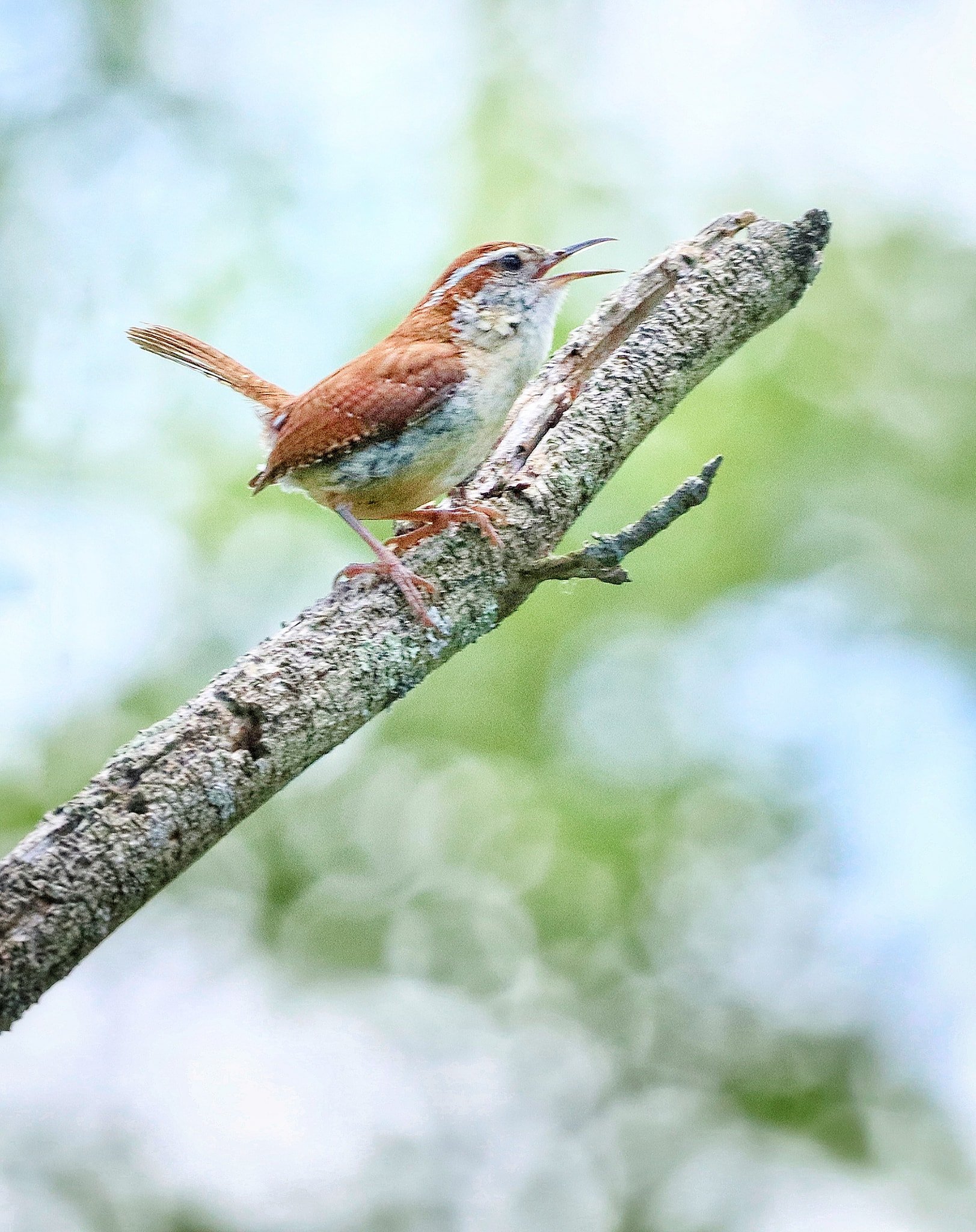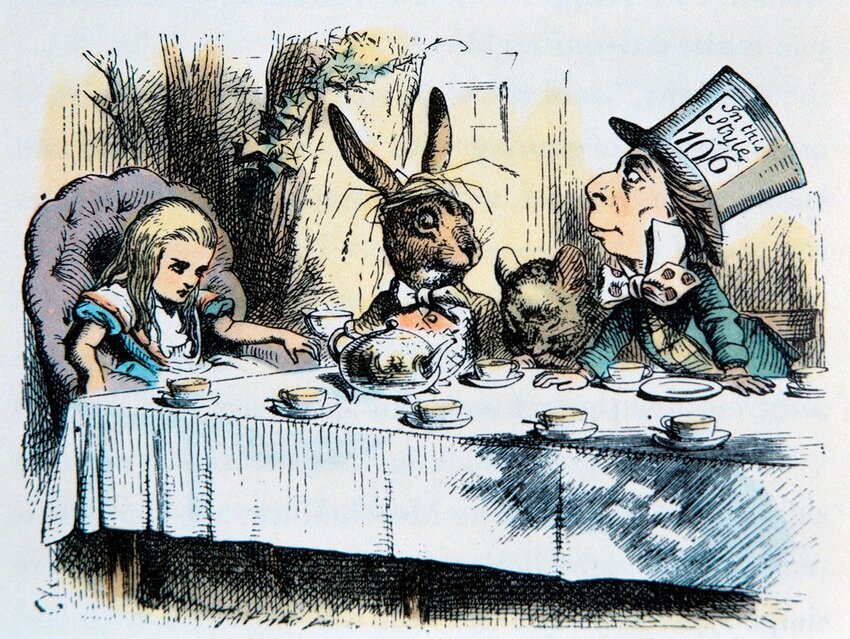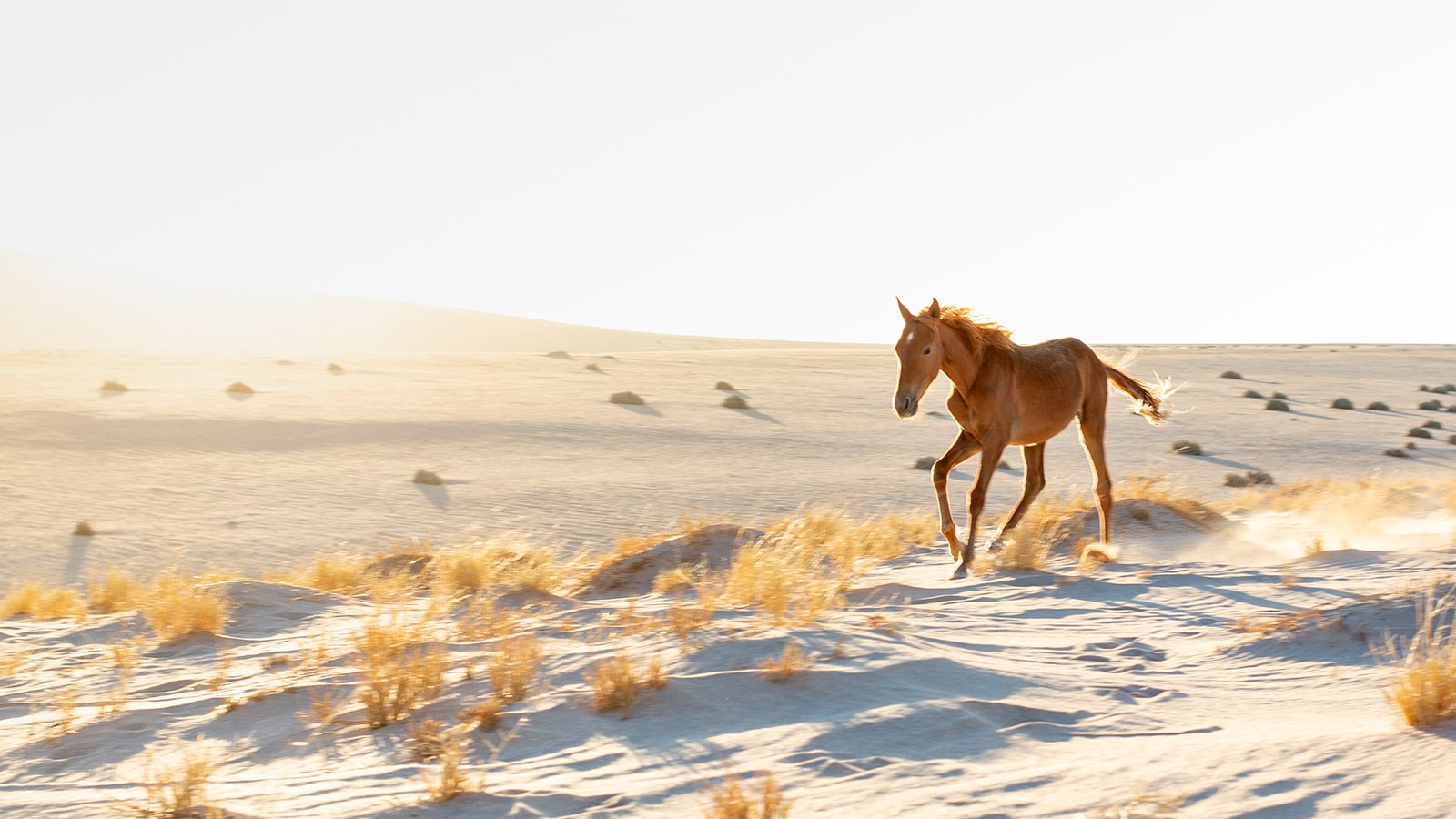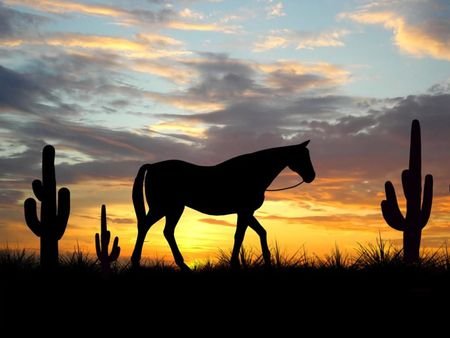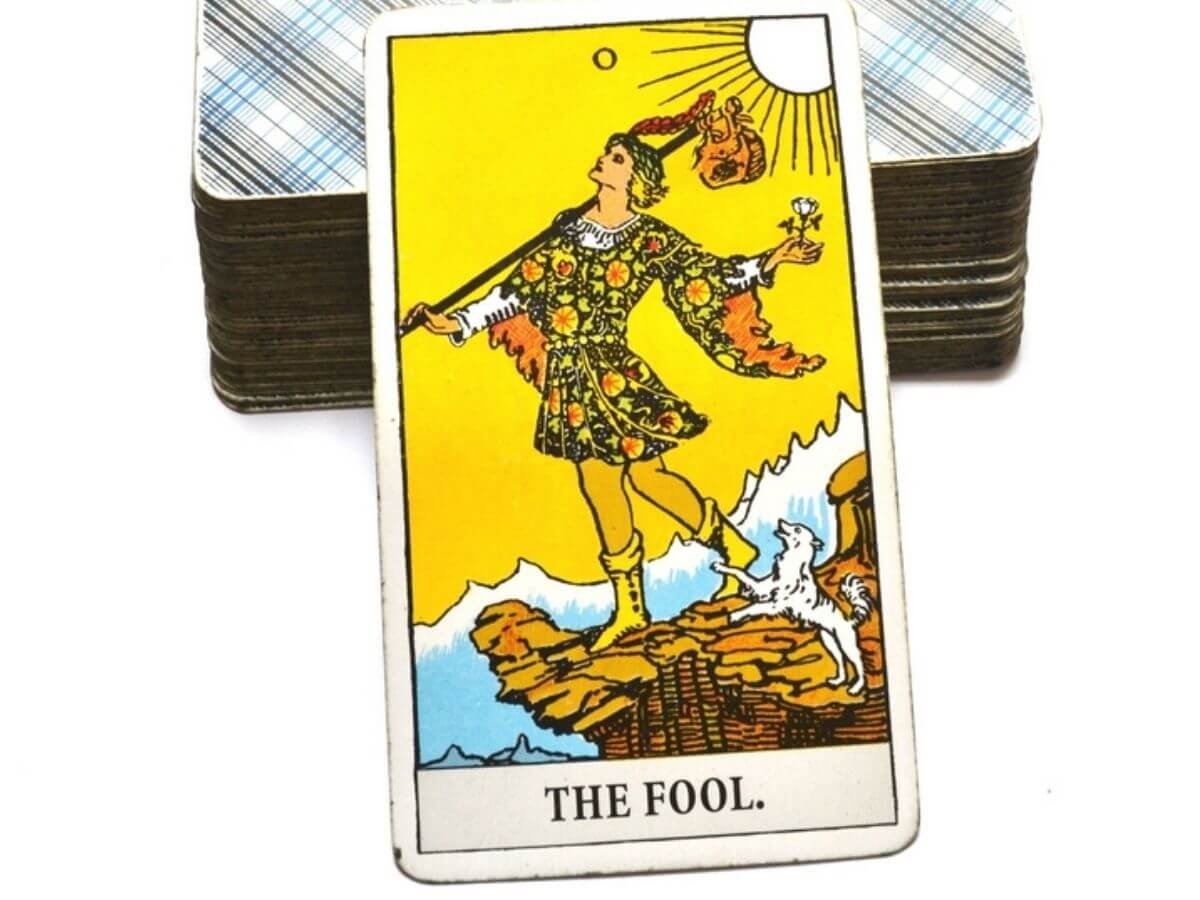[Consider these a gift: especially #6 and #8 and Seymour Glass, I think, knew the sound of one hand clapping.]
From: Zen Flesh and Zen Bones: 101 ZEN STORIES Transcribed by Nyogen Senzaki and Paul Reps.
“THESE stories were transcribed into English from a book called the Shaseki-shu (Collection of Stone and Sand), written late in the thirteenth century by the Japanese Zen teacher Muju (the “non-dweller”), and from anecdotes of Zen monks taken from various books published in Japan around the turn of the present century.
For Orientals, more interested in being than in busyness, the self-discovered man has been the most worthy of respect. Such a man proposes to open his consciousness just as the Buddha did.
These are stories about such self-discoveries.“
1. A Cup of Tea
NAN-IN, a Japanese master during the Meiji era (1868-1912), received a university professor who came to inquire about Zen. Nan-in served tea. He poured his visitor’s cup full, and then kept on pouring. The professor watched the overflow until he no longer could restrain himself. “It is overfull. No more will go in!” “Like this cup,” Nan-in said, “you are full of your own opinions and speculations. How can I show you Zen unless you first empty your cup?”
2. Is That So?
THE ZEN MASTER Hakuin was praised by his neighbors as one living a pure life. A beautiful Japanese girl whose parents owned a food store lived near him. Suddenly, without any warning, her parents discovered she was with child. This made her parents angry. She would not confess who the man was, but after much harassment at last named Hakuin. In great anger the parents went to the master. “Is that so?” was all he would say.
After the child was born it was brought to Hakuin. By this time he had lost his reputation, which did not trouble him, but he took very good care of the child. He obtained milk from his neighbors and everything else the little one needed.
A year later the girl-mother could stand it no longer. She told her parents the truth—that the real father of the child was a young man who worked in the fishmarket. The mother and father of the girl at once went to Hakuin to ask his forgiveness, to apologize at length, and to get the child back again. Hakuin was willing.
In yielding the child, all he said was: “Is that so?” (3)
3. Obedience
THE MASTER Bankei’s talks were attended not only by Zen students but by persons of all ranks and sects. He never quoted sutras nor indulged in scholastic dissertations. Instead, his words were spoken directly from his heart to the hearts of his listeners.
His large audiences angered a priest of the Nichiren sect because the adherents had left to hear about Zen. The self-centered Nichiren priest came to the temple, determined to debate with Bankei. “Hey, Zen teacher!” he called out. “Wait a minute. Whoever respects you will obey what you say, but a man like myself does not respect you. Can you make me obey you?”
“Come up beside me and I will show you,” said Bankei. Proudly the priest pushed his way through the crowd to the teacher. Bankei smiled. “Come over to my left side.” The priest obeyed. “No,” said Bankei, “we may talk better if you are on the right side. Step over here.” The priest proudly stepped over to the right. “You see,” observed Bankei, “you are obeying me and I think you are a very gentle person. Now sit down and listen.” (4)
4. No Loving-Kindness
THERE WAS an old woman in China who had supported a monk for over twenty years. She had built a little hut for him and fed him while he was meditating. Finally she wondered just what progress he had made in all this time. To find out, she obtained the help of a girl rich in desire. “Go and embrace him,” she told her, “and then ask him suddenly: ‘What now?’”
The girl called upon the monk and without much ado caressed him, asking him what he was going to do about it.
“An old tree grows on a cold rock in winter,” replied the monk somewhat poetically. “Nowhere is there any warmth.” The girl returned and related what he had said.
“To think I fed that fellow for twenty years!” exclaimed the old woman in anger. “He showed no consideration for your need, no disposition to explain your condition. He need not have responded to passion, but at least he should have evidenced some compassion.” She at once went to the hut of the monk and burned it down. (6)
5. The Moon Cannot Be Stolen
RYOKAN, a Zen master, lived the simplest kind of life in a little hut at the foot of a mountain. One evening a thief visited the hut only to discover there was nothing in it to steal. Ryokan returned and caught him. “You may have come a long way to visit me,” he told the prowler, “and you should not return empty-handed. Please take my clothes as a gift.”
The thief was bewildered. He took the clothes and slunk away. Ryokan sat naked, watching the moon. “Poor fellow,” he mused, “I wish I could give him this beautiful moon.” (9)
6. Muddy Road
TANZAN AND EKIDO were once traveling together down a muddy road. A heavy rain was still falling. Coming around a bend, they met a lovely girl in a silk kimono and sash, unable to cross the intersection. “Come on, girl,” said Tanzan at once. Lifting her in his arms, he carried her over the mud.
Ekido did not speak again until that night when they reached a lodging temple. Then he no longer could restrain himself. “We monks don’t go near females,” he told Tanzan, “especially not young and lovely ones. It is dangerous. Why did you do that?
” “I left the girl there,” said Tanzan. “Are you still carrying her?” (14)
7. Not Far from Buddhahood
A UNIVERSITY STUDENT while visiting Gasan asked him: “Have you ever read the Christian Bible?” “No, read it to me,” said Gasan. The student opened the Bible and read from St. Matthew: “And why take ye thought for raiment? Consider the lilies of the field, how they grow. They toil not, neither do they spin, and yet I say unto you that even Solomon in all his glory was not arrayed like one of these....Take therefore no thought for the morrow, for the morrow shall take thought for the things of itself.”
Gasan said: “Whoever uttered those words I consider an enlightened man.” The student continued reading: “Ask and it shall be given you, seek and ye shall find, knock and it shall be opened unto you. For everyone that asketh receiveth, and he that seeketh findeth, and to him that knocketh, it shall be opened.”
Gasan remarked: “That is excellent. Whoever said that is not far from Buddha-hood.” (16)
8. A Parable BUDDHA TOLD a parable in a sutra: A man traveling across a field encountered a tiger. He fled, the tiger after him. Coming to a precipice, he caught hold of the root of a wild vine and swung himself down over the edge. The tiger sniffed at him from above. Trembling, the man looked down to where, far below, another tiger was waiting to eat him. Only the vine sustained him. Two mice, one white and one black, little by little started to gnaw away the vine. The man saw a luscious strawberry near him. Grasping the vine with one hand, he plucked the strawberry with the other. How sweet it tasted! (18)
9. The Sound of One Hand
THE MASTER of Kennin temple was Mokurai, Silent Thunder. He had a little protege named Toyo who was only twelve years old. Toyo saw the older disciples visit the master’s room each morning and evening to receive instruction in sanzen or personal guidance in which they were given koans to stop mind-wandering.
Toyo wished to do sanzen also. “Wait a while,” said Mokurai. “You are too young.” But the child insisted, so the teacher finally consented. In the evening little Toyo went at the proper time to the threshold of Mokurai’s sanzen room. He struck the gong to announce his presence, bowed respectfully three times outside the door, and went to sit before the master in respectful silence.
“You can hear the sound of two hands when they clap together,” said Mokurai. “Now show me the sound of one hand.”
Toyo bowed and went to his room to consider this problem. From his window he could hear the music of the geishas. “Ah, I have it!” he proclaimed. The next evening, when his teacher asked him to illustrate the sound of one hand, Toyo began to play the music of the geishas.
“No, no,” said Mokurai. “That will never do. That is not the sound of one hand. You’ve not got it at all.”
Thinking that such music might interrupt, Toyo moved his abode to a quiet place. He meditated again. “What can the sound of one hand be?” He happened to hear some water dripping. “I have it,” imagined Toyo. When he next appeared before his teacher, Toyo imitated dripping water.
“What is that?” asked Mokurai. “That is the sound of dripping water, but not the sound of one hand. Try again.” In vain Toyo meditated to hear the sound of one hand. He heard the sighing of the wind. But the sound was rejected. He heard the cry of an owl. This also was refused. The sound of one hand was not the locusts. For more than ten times Toyo visited Mokurai with different sounds. All were wrong.
For almost a year he pondered what the sound of one hand might be. At last little Toyo entered true meditation and transcended all sounds. “I could collect no more,” he explained later, “so I reached the soundless sound.”
Toyo had realized the sound of one hand. (21)
10. Reciting Sutras
A FARMER requested a Tendai priest to recite sutras for his wife, who had died. After the recitation was over the farmer asked: “Do you think my wife will gain merit from this?”
“Not only your wife, but all sentient beings will benefit from the recitation of sutras,” answered the priest.
“If you say all sentient beings will benefit,” said the farmer, “my wife may be very weak and others will take advantage of her, getting the benefit she should have. So please recite sutras just for her.”
The priest explained that it was the desire of a Buddhist to offer blessings and wish merit for every living being.
“That is a fine teaching,” concluded the farmer, “but please make one exception. I have a neighbor who is rough and mean to me. Just exclude him from all those sentient beings.” (24)
11. 25. Three Days More
SUIWO THE DISCIPLE of Hakuin, was a good teacher. During one summer seclusion period, a pupil came to him from a southern island of Japan. Suiwo gave him the problem: “Hear the sound of one hand.” The pupil remained three years but could not pass this test.
One night he came in tears to Suiwo. “I must return south in shame and embarrassment,” he said, “for I cannot solve my problem.” “Wait one week more and meditate constantly,” advised Suiwo. Still no enlightenment came to the pupil.
“Try for another week,” said Suiwo. The pupil obeyed, but in vain. “Still another week.” Yet this was of no avail. In despair the student begged to be released, but Suiwo requested another meditation of five days. They were without result.
Then he said: “Meditate for three days longer, then if you fail to attain enlightenment, you had better kill yourself.” On the second day the pupil was enlightened. (25)
12. Trading Dialogue for Lodging
PROVIDED HE MAKES and wins an argument about Buddhism with those who live there, any wandering monk can remain in a Zen temple. If he is defeated, he has to move on.
In a temple in the northern part of Japan two brother monks were dwelling together. The elder one was learned, but the younger one was stupid and had but one eye.
A wandering monk came and asked for lodging, properly challenging them to a debate about the sublime teaching. The elder brother, tired that day from much studying, told the younger one to take his place. “Go and request the dialogue in silence,” he cautioned. So the young monk and the stranger went to the shrine and sat down.
Shortly afterwards the traveler rose and went in to the elder brother and said: “Your young brother is a wonderful fellow. He defeated me.”
“Relate the dialogue to me,” said the elder one.
“Well,” explained the traveler, “first I held up one finger, representing Buddha, the enlightened one. So he held up two fingers, signifying Buddha and his teaching. I held up three fingers, representing Buddha, his teaching, and his followers, living the harmonious life. Then he shook his clenched fist in my face, indicating that all three come from one realization. Thus he won and so I have no right to remain here.” With this, the traveler left.
“Where is that fellow?” asked the younger one, running in to his elder brother.
“I understand you won the debate.” “Won nothing. I’m going to beat him up.” “Tell me the subject of the debate,” asked the elder one. “Why, the minute he saw me he held up one finger, insulting me by insinuating that I have only one eye. Since he was a stranger I thought I would be polite to him, so I held up two fingers, congratulating him that he has two eyes. Then the impolite wretch held up three fingers, suggesting that between us we only have three eyes. So I got mad and started to punch him, but he ran out and that ended it!” (26)
13. The Voice of Happiness
AFTER BANKEI had passed away, a blind man who lived near the master’s temple told a friend: “Since I am blind, I cannot watch a person’s face, so I must judge his character by the sound of his voice. Ordinarily when I hear someone congratulate another upon his happiness or success, I also hear a secret tone of envy. When condolence is expressed for the misfortune of another, I hear pleasure and satisfaction, as if the one condoling was really glad there was something left to gain in his own world.
“In all my experience, however, Bankei’s voice was always sincere. Whenever he expressed happiness, I heard nothing but happiness, and whenever he expressed sorrow, sorrow was all I heard.” (27)
14. Open Your Own Treasure House
DAIJU VISITED the master Baso in China. Baso asked: “What do you seek?” “Enlightenment,” replied Daiju. “You have your own treasure house. Why do you search outside?” Baso asked. Daiju inquired: “Where is my treasure house?” Baso answered: “What you are asking is your treasure house.” Daiju was enlightened! Ever after he urged his friends: “Open your own treasure house and use those treasures.” (28)
15. No Water, No Moon WHEN THE NUN Chiyono studied Zen under Bukko of Engaku she was unable to attain the fruits of meditation for a long time. At last one moonlit night she was carrying water in an old pail bound with bamboo. The bamboo broke and the bottom fell out of the pail, and at that moment Chiyono was set free! In commemoration, she wrote a poem: In this way and that I tried to save the old pail Since the bamboo strip was weakening and about to break Until at last the bottom fell out. No more water in the pail! No more moon in the water! (29)
16. Calling Card KEICHU, THE GREAT Zen teacher of the Meiji era, was the head of Tofuku, a cathedral in Kyoto. One day the governor of Kyoto called upon him for the first time. His attendant presented the card of the governor, which read: Kitagaki, Governor of Kyoto. “I have no business with such a fellow,” said Keichu to his attendant. “Tell him to get out of here.” The attendant carried the card back with apologies. “That was my error,” said the governor, and with a pencil he scratched out the words Governor of Kyoto. “Ask your teacher again.” “Oh, is that Kitagaki?” exclaimed the teacher when he saw the card. “I want to see that fellow.” (30)
17. Everything Is Best
WHEN BANZAN was walking through a market he overheard a conversation between a butcher and his customer. “Give me the best piece of meat you have,” said the customer. “Everything in my shop is the best,” replied the butcher. “You cannot find here any piece of meat that is not the best.” At these words Banzan became enlightened. (31)
18. Inch Time Foot Gem
A LORD ASKED Takuan, a Zen teacher, to suggest how he might pass the time. He felt his days very long attending his office and sitting stiffly to receive the homage of others. Takuan wrote eight Chinese characters and gave them to the man:
Not twice this day
Inch time foot gem.
This day will not come again.
Each minute is worth a priceless gem. (32)
19. In Dreamland
“OUR SCHOOLMASTER used to take a nap every afternoon,” related a disciple of Soyen Shaku. “We children asked him why he did it and he told us: ‘I go to dreamland to meet the old sages just as Confucius did.’ When Confucius slept, he would dream of ancient sages and later tell his followers about them.
“It was extremely hot one day so some of us took a nap. Our schoolmaster scolded us. ‘We went to dream-land to meet the ancient sages the same as Confucius did,’ we explained. ‘What was the message from those sages?’ our schoolmaster demanded.
One of us replied: ‘We went to dreamland and met the sages and asked them if our schoolmaster came there every afternoon, but they said they had never seen any such fellow.’”  (40)
20. Joshes Zen
JOSHU BEGAN the study of Zen when he was sixty years old and continued until he was eighty, when he realized Zen. He taught from the age of eighty until he was one hundred and twenty. A student once asked him: “If I haven’t anything in my mind, what shall I do?” Joshu replied: “Throw it out.” “But if I haven’t anything, how can I throw it out?” continued the questioner. “Well,” said Joshu, “then carry it out.”  (41)
21. The Dead Man’s Answer
WHEN MAMIYA, who later became a well-known preacher, went to a teacher for personal guidance, he was asked to explain the sound of one hand. Mamiya concentrated upon what the sound of one hand might be.
“You are not working hard enough,” his teacher told him. “You are too attached to food, wealth, things, and that sound. It would be better if you died. That would solve the problem.”
The next time Mamiya appeared before his teacher he was again asked what he had to show regarding the sound of one hand. Mamiya at once fell over as if he were dead. “You are dead all right,” observed the teacher. “But how about that sound?” “I haven’t solved that yet,” replied Mamiya, looking up.
“Dead men do not speak,” said the teacher. “Get out!” (42)
 22. The Thief Who Became a Disciple
ONE EVENING as Shichiri Kojun was reciting sutras a thief with a sharp sword entered, demanding either his money or his life. Shichiri told him: “Do not disturb me. You can find the money in that drawer.” Then he resumed his recitation.
A little while afterwards he stopped and called: “Don’t take it all. I need some to pay taxes with tomorrow.” The intruder gathered up most of the money and started to leave. “Thank a person when you receive a gift,” Shichiri added. The man thanked him and made off.
A few days afterwards the fellow was caught and confessed, among others, the offence against Shichiri. When Shichiri was called as a witness he said: “This man is no thief, at least as far as I am concerned. I gave him the money and he thanked me for it.” After he had finished his prison term, the man went to Shichiri and became his disciple.  (44)
23. Right & Wrong
WHEN BANKEI held his seclusion-weeks of meditation, pupils from many parts of Japan came to attend. During one of these gatherings a pupil was caught stealing. The matter was reported to Bankei with the request that the culprit be expelled. Bankei ignored the case.
Later the pupil was caught in a similar act, and again Bankei disregarded the matter. This angered the other pupils, who drew up a petition asking for the dismissal of the thief, stating that otherwise they would leave in a body.
When Bankei had read the petition he called everyone before him. “You are wise brothers,” he told them. “You know what is right and what is not right. You may go somewhere else to study if you wish, but this poor brother does not even know right from wrong. Who will teach him if I do not? I am going to keep him here even if all the rest of you leave.”
A torrent of tears cleansed the face of the brother who had stolen. All desire to steal had vanished. (45)
24. Black-Nosed Buddha
A NUN WHO was searching for enlightenment made a statue of Buddha and covered it with gold leaf. Wherever she went she carried this golden Buddha with her. Years passed and, still carrying her Buddha, the nun came to live in a small temple in a country where there were many Buddhas, each one with its own particular shrine.
The nun wished to burn incense before her golden Buddha. Not liking the idea of the perfume straying to the others, she devised a funnel through which the smoke would ascend only to her statue. This blackened the nose of the golden Buddha, making it especially ugly. (49)
25. (57) The Gates of Paradise
A SOLDIER NAMED Nobushige came to Hakuin, and asked: “Is there really a paradise and a hell?” “Who are you?” inquired Hakuin. “I am a samurai,” the warrior replied. “You, a soldier!” exclaimed Hakuin. “What kind of ruler would have you as his guard? Your face looks like that of a beggar.” Nobushige became so angry that he began to draw his sword, but Hakuin continued: “So you have a sword! Your weapon is probably much too dull to cut off my head.” As Nobushige drew his sword Hakuin remarked: “Here open the gates of hell!” At these words the samurai, perceiving the master’s discipline, sheathed his sword and bowed. “Here open the gates of paradise,” said Hakuin. 
26. (58). Arresting the Stone Buddha
A MERCHANT bearing fifty rolls of cotton goods on his shoulders stopped to rest from the heat of the day beneath a shelter where a large stone Buddha was standing. There he fell asleep, and when he awoke his goods had disappeared. He immediately reported the matter to the police. A judge named O-oka opened court to investigate. “That stone Buddha must have stolen the goods,” concluded the judge. “He is supposed to care for the welfare of the people, but he has failed to perform his holy duty. Arrest him.” The police arrested the stone Buddha and carried it into the court. A noisy crowd followed the statue, curious to learn what kind of a sentence the judge was about to impose. When O-oka appeared on the bench he rebuked the boisterous audience. “What right have you people to appear before the court laughing and joking in this manner? You are in contempt of court and subject to a fine and imprisonment.” The people hastened to apologize. “I shall have to impose a fine on you,” said the judge, “but I will remit it provided each one of you brings one roll of cotton goods to the court within three days. Anyone failing to do this will be arrested.” One of the rolls of cloth that the people brought was quickly recognized by the merchant as his own, and thus the thief was easily discovered. The merchant recovered his goods, and the cotton rolls were returned to the people.
 27. (62). In the Hands of Destiny A GREAT JAPANESE warrior named Nobunaga decided to attack the enemy although he had only one-tenth the number of men the opposition commanded. He knew that he would win, but his soldiers were in doubt. On the way he stopped at a Shinto shrine and told his men: “After I visit the shrine I will toss a coin. If heads comes, we will win; if tails, we will lose. Destiny holds us in her hand.” Nobunaga entered the shrine and offered a silent prayer. He came forth and tossed a coin. Heads appeared. His soldiers were so eager to fight that they won their battle easily. “No one can change the hand of destiny,” his attendant told him after the battle. “Indeed not,” said Nobunaga, showing a coin that had been doubled, with heads facing either way.
 28. (71). Learning To Be Silent
THE PUPILS of the Tendai school used to study meditation before Zen entered Japan. Four of them who were intimate friends promised one another to observe seven days of silence. On the first day all were silent. Their meditation had begun auspiciously, but when night came and the oil lamps were growing dim one of the pupils could not help exclaiming to a servant: “Fix those lamps.” The second pupil was surprised to hear the first one talk. “We are not supposed to say a word,” he remarked. “You two are stupid. Why did you talk?” asked the third. “I am the only one who has not talked,” concluded the fourth pupil.
29. (72). The Blockhead Lord
TWO ZEN TEACHERS, Daigu and Gudo, were invited to visit a lord. Upon arriving, Gudo said to the lord: “You are wise by nature and have an inborn ability to learn Zen.” “Nonsense,” said Daigu. “Why do you flatter this blockhead? He may be a lord, but he doesn’t know anything of Zen.” So, instead of building a temple for Gudo, the lord built it for Daigu and studied Zen with him.
30.  (76) The Stone Mind
HOGEN, A CHINESE Zen teacher, lived alone in a small temple in the country. One day four traveling monks appeared and asked if they might make a fire in his yard to warm themselves. While they were building the fire, Hogen heard them arguing about subjectivity and objectivity. He joined them and said: “There is a big stone. Do you consider it to be inside or outside your mind?” One of the monks replied: “From the Buddhist viewpoint everything is an objectification of mind, so I would say that the stone is inside my mind.” “Your head must feel very heavy,” observed Hogen, “if you are carrying around a stone like that in your mind.”
31.  (82). Nothing Exists
YAMAOKA TESSHU, AS a young student of Zen, visited one master after another. He called upon Dokuon of Shokoku. Desiring to show his attainment, he said: “The mind, Buddha, and sentient beings, after all, do not exist. The true nature of phenomena is emptiness. There is no realization, no delusion, no sage, no mediocrity. There is no giving and nothing to be received.”
Dokuon, who was smoking quietly, said nothing. Suddenly he whacked Yamaoka with his bamboo pipe. This made the youth quite angry. “If nothing exists,” inquired Dokuon, “where did this anger come from?”
32.  (88). How To Write a Chinese Poem
A WELL-KNOWN Japanese poet was asked how to compose a Chinese poem. “The usual Chinese poem is four lines,” he explained. “The first line contains the initial phase; the second line, the continuation of that phase; the third line turns from this subject and begins a new one; and the fourth line brings the first three lines together. A popular Japanese song illustrates this: Two daughters of a silk merchant live in Kyoto. The elder is twenty, the younger, eighteen. A soldier may kill with his sword, But these girls slay men with their eyes.”
33.  (97) Teaching the Ultimate IN EARLY TIMES in Japan, bamboo-and-paper lanterns were used with candles inside. A blind man, visiting a friend one night, was offered a lantern to carry home with him. “I do not need a lantern,” he said. “Darkness or light is all the same to me.” “I know you do not need a lantern to find your way,” his friend replied,” but if you don’t have one, someone else may run into you. So you must take it.” The blind man started off with the lantern and before he had walked very far someone ran squarely into him. “Look out where you are going!” he exclaimed to the stranger. “Can’t you see this lantern?” “Your candle has burned out, brother,” replied the stranger.
From: Zen Flesh and Zen Bones: 101 ZEN STORIES Transcribed by Nyogen Senzaki and Paul Reps.












